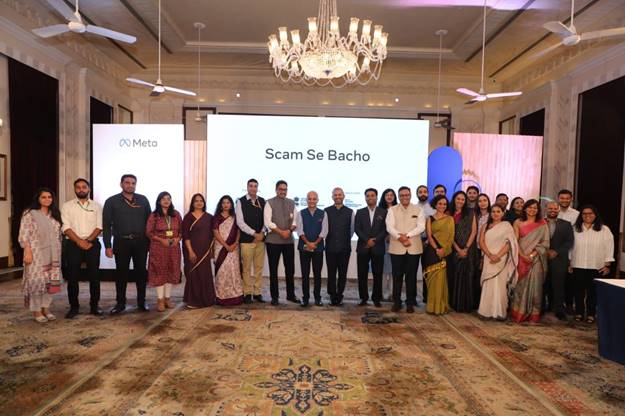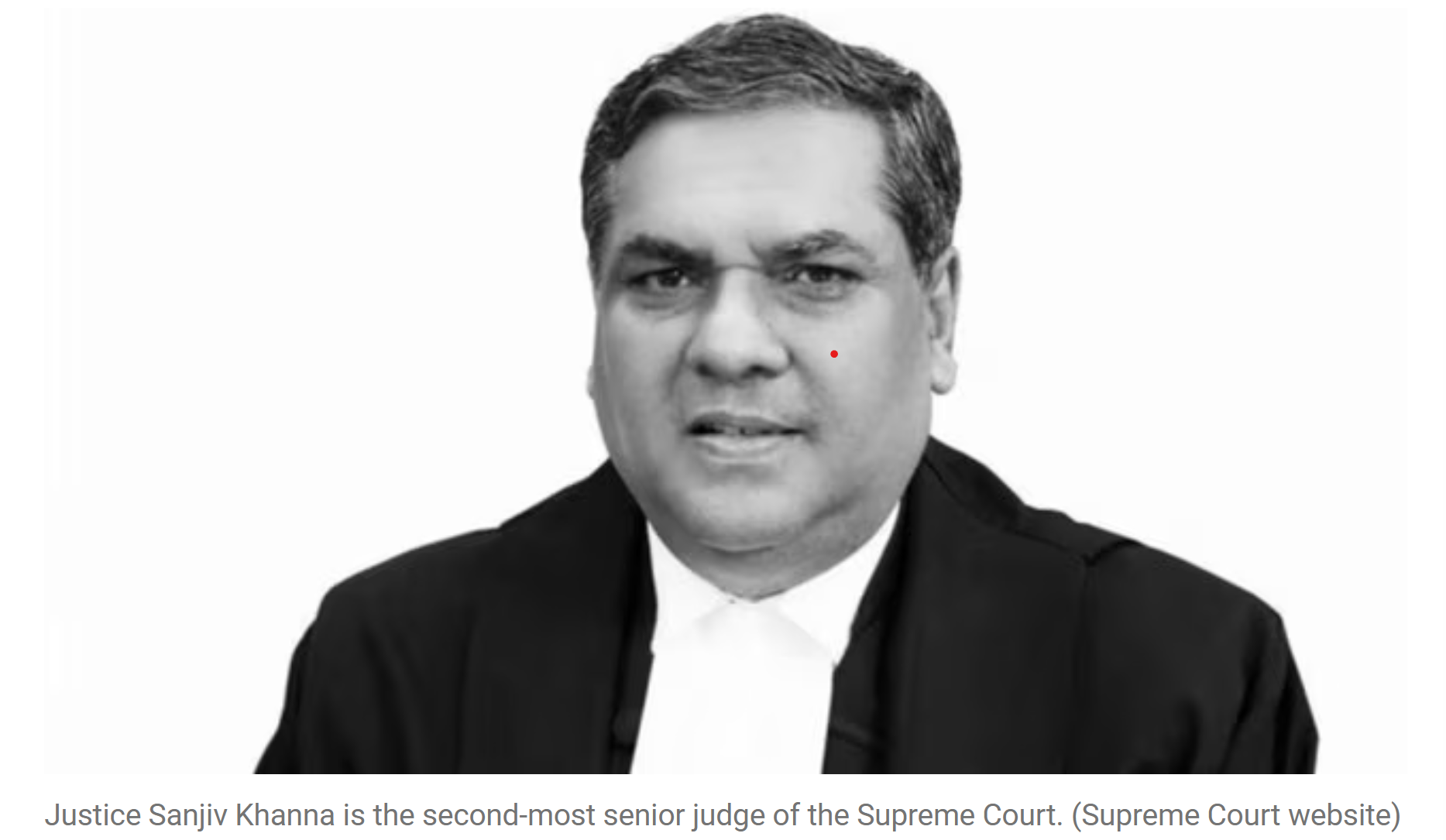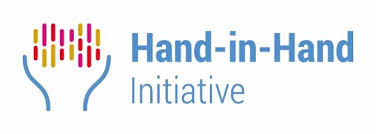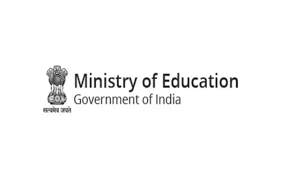Indian Development and Economic Assistance Scheme (IDEAS)

- 18 Oct 2024
In News:
- India has extended a ?487.60 crore Line of Credit (LoC) to Mauritius for financing a water pipeline replacement project.
- This initiative is part of the Indian Development and Economic Assistance Scheme (IDEAS), which supports developmental projects in partner countries through concessional loans.
About the IDEAS Scheme
- Origin: Launched in 2003-04 as the India Development Initiative, later renamed as IDEAS Scheme.
- Objective: To promote India’s political, economic, and strategic interests by providing developmental assistance to developing countries.
- Administering Body: The scheme is managed by the Ministry of External Affairs (MEA) with support from the Exim Bank.
Key Features of the IDEAS Scheme
- Lines of Credit (LoCs):
- Provides LoCs to developing countries for funding projects in various sectors, including:
- Infrastructure
- Water supply
- Education
- Other key developmental areas.
- Provides LoCs to developing countries for funding projects in various sectors, including:
- Project Recommendations:
- Projects funded under the scheme are recommended by MEA and are aimed at bolstering socio-economic development in the partner countries.
- Concessional Financing:
- The scheme offers concessional terms for the financing of these projects, reducing the financial burden on the recipient countries.
- Diplomatic and Strategic Benefits:
- The IDEAS scheme strengthens India’s diplomatic ties and fosters goodwill with countries in the Global South.
- Focus on Development:
- It aims to support key developmental goals in partner countries while advancing India's role as a leader in global development cooperation.
Significance
- The Mauritius water pipeline project is a part of the larger efforts under IDEAS to support infrastructure and socio-economic development in partner nations, helping to improve the quality of life and fostering closer bilateral relations.
Scam se Bacho Campaign

- 18 Oct 2024
In News:
Government and Meta join forces for "Scam se Bacho" Campaign to tackle rising online scams.
Key Details
- The "Scam Se Bacho" initiative aims to create a safer, more secure digital India by empowering users to protect themselves against growing cyber threats, contributing to the resilience of India’s digital progress.
- Objective: To combat rising online scams and cyber frauds by promoting digital safety and vigilance across India.
- Partners:
- Meta (formerly Facebook)
- Ministry of Electronics and Information Technology (MeitY)
- Ministry of Home Affairs (MHA)
- Ministry of Information and Broadcasting (MIB)
- Indian Cyber Crime Coordination Centre (I4C)
Purpose and Vision
- Goal: Empower Indian citizens with the knowledge and tools to protect themselves from online scams and cyber threats.
- Strategic Focus:
- Foster a culture of digital safety and vigilance.
- Align with the Digital India initiative, which has seen extraordinary growth in digital services, including 900 million internet users and leadership in UPI transactions.
- The campaign aims to build a national movement to safeguard citizens, emphasizing the importance of cyber literacy and digital security.
Key Points
- Growing Cybersecurity Threats:
- India has seen a surge in cyber frauds, with 1.1 million cases reported in 2023.
- The government is committed to addressing these threats through stronger cybersecurity measures and enhancing digital literacy.
- Meta’s Role:
- Meta’s global expertise in online safety will be leveraged to equip citizens with the knowledge to prevent cyber scams.
- Meta’s collaboration with the government aims to extend the reach of the campaign nationwide.
Features of the "Scam Se Bacho" Campaign
- Nationwide Reach:
- The initiative targets India’s 900 million internet users, making it a comprehensive national effort.
- Government Support:
- Backed by key ministries to ensure alignment with national digital and cybersecurity goals under Digital India.
- Whole-of-government approach to raise awareness on cyber safety.
- Educational Focus:
- The campaign emphasizes educating citizens on how to recognize and prevent online scams and threats.
Justice Sanjiv Khanna Appointed as Next Chief Justice of India

- 18 Oct 2024
In News:
Justice Sanjiv Khanna Appointed as Next Chief Justice of India, Will Assume Office on November 11
- Appointment:
- Justice Sanjiv Khanna has been appointed as the 51st Chief Justice of India by President Droupadi Murmu.
- He is set to take office on November 11, 2024, succeeding Chief Justice D.Y. Chandrachud, who is retiring on November 10, 2024.
- Tenure:
- Justice Khanna's tenure will be relatively short, lasting only six months, as he is scheduled to retire on March 13, 2025.
Career and Background
- Education and Early Career:
- Justice Khanna is a graduate of Delhi University’s Campus Law Centre.
- He enrolled as an advocate in 1983 and primarily practiced before the Delhi High Court.
- Prior to his elevation to the Delhi High Court in 2005, he served as the Senior Standing Counsel for the Income Tax Department and the standing counsel for civil matters for the Delhi government.
- Judicial Career:
- Supreme Court Appointment: Justice Khanna was appointed to the Supreme Court in January 2019, despite not having served as Chief Justice of a High Court. He was elevated over other senior judges from the Delhi High Court, such as Justices Rajendra Menon and Pradeep Nandrajog, whose names were initially recommended but not forwarded to the government.
- Key Contributions:
- Justice Khanna has been part of several significant rulings, including:
- February 2024: Part of the five-judge bench that struck down the Electoral Bond Scheme as unconstitutional.
- 2023: Contributed to upholding the abrogation of Article 370 of the Constitution.
- 2023: Authored a ruling granting the Supreme Court the power to directly grant divorce under Article 142 on the grounds of "irretrievable breakdown of marriage."
- Justice Khanna has been part of several significant rulings, including:
- Administrative Role:
- Justice Khanna currently serves as the Executive Chairman of the National Legal Services Authority (NALSA).
Process of Appointment of Chief Justice of India (CJI)
- Seniority Principle: The CJI is typically the senior-most judge of the Supreme Court.
- Memorandum of Procedure (MoP): The Law Ministry requests a recommendation from the outgoing CJI for his successor.
- Presidential Appointment: After receiving the recommendation, the President of India formally appoints the new CJI.
- Tenure and Retirement: The CJI serves until the age of 65. Upon retirement, the senior-most judge becomes the next CJI.
- Merit and Integrity Considerations: In addition to seniority, merit and integrity play crucial roles in the selection process for the CJI.
Hand-in-Hand Investment Forum

- 18 Oct 2024
In News:
Recently, the Director-General of the Food and Agriculture Organization (FAO) inaugurated the third Hand-in-Hand Investment Forum.
Purpose and Goals
- Objective: To accelerate the transformation of agrifood systems to address global challenges:
- Eradicate poverty (SDG 1)
- End hunger and malnutrition (SDG 2)
- Reduce inequalities (SDG 10)
- Target: Focuses on improving the lives of poor and vulnerable populations by:
- Raising incomes
- Enhancing nutritional status and overall well-being
- Strengthening resilience to climate change
Key Features of the HIH Initiative
- Launched: 2019 as a flagship program by the Food and Agriculture Organization (FAO).
- Primary Focus Areas:
- Geospatial and analytics-driven approach: Utilizes advanced geospatial modeling, biophysical, socio-economic data, and analytics to identify key territories for intervention.
- Market-based transformation: Aims to create sustainable, market-based solutions for agricultural development and food systems transformation.
- Value Chain Development: Focus on developing value chains for priority commodities to boost incomes and food security.
- Agro-Industry Building: Strengthening agro-industries and introducing efficient water management and precision agriculture systems.
- Digitalization: Introducing digital services for better agricultural planning and productivity.
Key Areas of Intervention
- Agricultural Transformation: Identifying territories with the highest potential for transformation.
- Sustainable Management: Focus on sustainable practices in forestry, fisheries, and land management.
- Climate Resilience: Building systems to mitigate the effects of climate change and reduce vulnerability.
- Food Loss Reduction: Addressing food losses and waste across agricultural value chains.
Global Participation
- Member Countries: 72 countries have joined the initiative, collaborating on shared goals for agrifood systems transformation.
The Hand-in-Hand Investment Forum
- Purpose: A platform to mobilize investments for the successful implementation of agrifood transformation programs under the HIH initiative.
- Event: The third Hand-in-Hand Investment Forum was recently opened by the FAO Director-General to discuss challenges and solutions for global agrifood system transformation.
About the Food and Agriculture Organization (FAO)
- Established: October 1945, it is the oldest permanent specialized agency of the United Nations.
- Mandate:
- Improve nutrition.
- Increase agricultural productivity.
- Raise the standard of living in rural areas.
- Contribute to global economic growth.
- Headquarters: Rome, Italy.
- Members: 194 Member States and the European Union.
Key Role of FAO:
- FAO leads international efforts to combat hunger and malnutrition worldwide.
- Supports member countries in implementing agricultural and food security programs.
Strategic Importance
- The Hand-in-Hand Initiative is integral to FAO’s mandate, focusing on countries with the most pressing needs due to poverty, hunger, or crises (natural or man-made).
- It enhances cooperation among nations to tackle global food security challenges, with a particular emphasis on countries with limited national capacities.
Strengthening Teaching-Learning and Results for States (STARS)

- 18 Oct 2024
In News:
The Department of School Education & Literacy (DoSE&L), Ministry of Education, hosted a two-day Strengthening Teaching-Learning and Results for States (STARS) knowledge sharing workshop in Bhopal, Madhya Pradesh.
- Event Overview:
- Two-day workshop hosted by the Department of School Education & Literacy (DoSE&L), Ministry of Education.
- Focus areas: School-to-Work Transition and Strengthening the Assessment System.
- Key Objectives:
- To enhance school-to-work transitions.
- To discuss strengthening educational assessment systems.
- Align education with future workforce needs as per the National Education Policy 2020.
Day 1: School-to-Work Transition
Panel Discussions:
- Policy Frameworks:
- Role of National Education Policy 2020, National Curriculum Framework (NCF), and National Credit Framework (NCrF) in school-to-work transitions.
- Focus on integrating skill education into school curricula, fostering multidisciplinary learning, and continuous evaluation to meet industry standards.
- Emphasis on internships, apprenticeships, and flexible learning pathways.
- Curriculum Integration:
- Need for integrated efforts across departments and aligning curriculum with industry demands.
- Focus on strengthening 21st-century skills in CBSE schools.
- Career Counselling and Psychometric Analysis:
- Focus on using psychometric assessments for career counselling and preparing students for future work environments.
- Work-Based Learning:
- Discussed partnerships with industry for work-based learning.
- Effective collaborations between schools and industry for internships, placements, and best practices.
Day 2: Strengthening Assessment System
- Psychometric Analysis & Career Counselling:
- Smt. Idzes Angmo Kundan (Principal Secretary, Maharashtra) presented the 3 P approach to career choices: Personal Interest, Parental Approach, and Possible Opportunities.
- Enhancing Student Outcomes:
- Discussed improving student outcomes by strengthening assessment systems.
- Shared innovations in educational assessments.
- Highlighted innovative assessment practices for future education.
- VSK Implementation (Chhattisgarh):
- Discussed VSK modes, data analysis, and strategies for integrating assessment outcomes with learning objectives.
- Strengthening Assessment Cells:
- Advocated for the establishment of assessment cells.
- Discussed best practices and challenges in strengthening assessment cells across states.
